Dr Charles Debieux on his nine-year Wellington journey

How Dr Charles Debieux became a catalyst for curiosity in our pupils
We talk a lot about embarking on a learning journey at Wellington, but this transformative experience is not reserved exclusively for our pupils. Wellington offers avenues for growth for all its members. That means parents, staff and, of course, teachers too. Dr Charles Debieux is a great example. He joined the College in 2014, our founding year, leaving a fascinating career in scientific research to become a teacher of biology. In his tenure, Dr Debieux — known affectionately by his pupils as ‘Dr D’ — has risen to the occasion, becoming a catalyst for curiosity in his pupils. This year, he serves as our new Head of Senior School. Today, Dr D shares some of the insights he has gained so far on his nine-year Wellington journey.
Tell us about your previous career before you became a teacher.
My previous career was in scientific research. My academic background is in biochemistry and molecular biology, so I conducted research on blood vessel development and angiogenesis in stroke patients as well as spinal muscular atrophy. I later ventured into bioengineering, where I genetically engineered microorganisms to produce biodiesel. It was deeply rewarding work.
What inspired you to transition from a career in research to education, and how did you make that transition?
I think most scientists are naturally curious and want to share their knowledge with others. And while the research I did enabled me to contribute to scientific advancements, I find even greater fulfilment in helping young people grow academically and personally. So, I made the transition by embracing opportunities at Wellington. I first came on board as a teacher of biology, and I immediately loved how supportive the community was. The strong values here aligned perfectly with my aspirations. I knew I was in the right place.
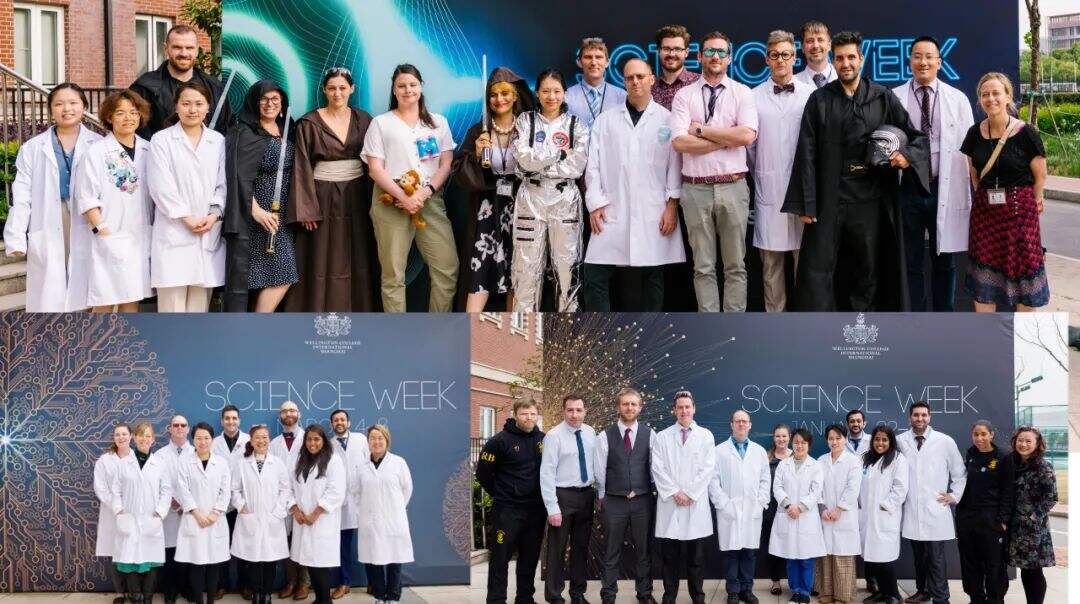
How has your background in scientific research informed your approach to education and leadership?
My experience in leading research teams taught me the importance of collaboration and empowerment. These are traits I now bring to my leadership style. More importantly, I am a scientist, so I try to apply the scientific method to all problem-solving. I emphasise evidence-based decision-making. I encourage innovation. I try to create an environment that values continuous learning, critical thinking and curiosity in our pupils. In many ways, it mirrors the dynamic nature of scientific research.
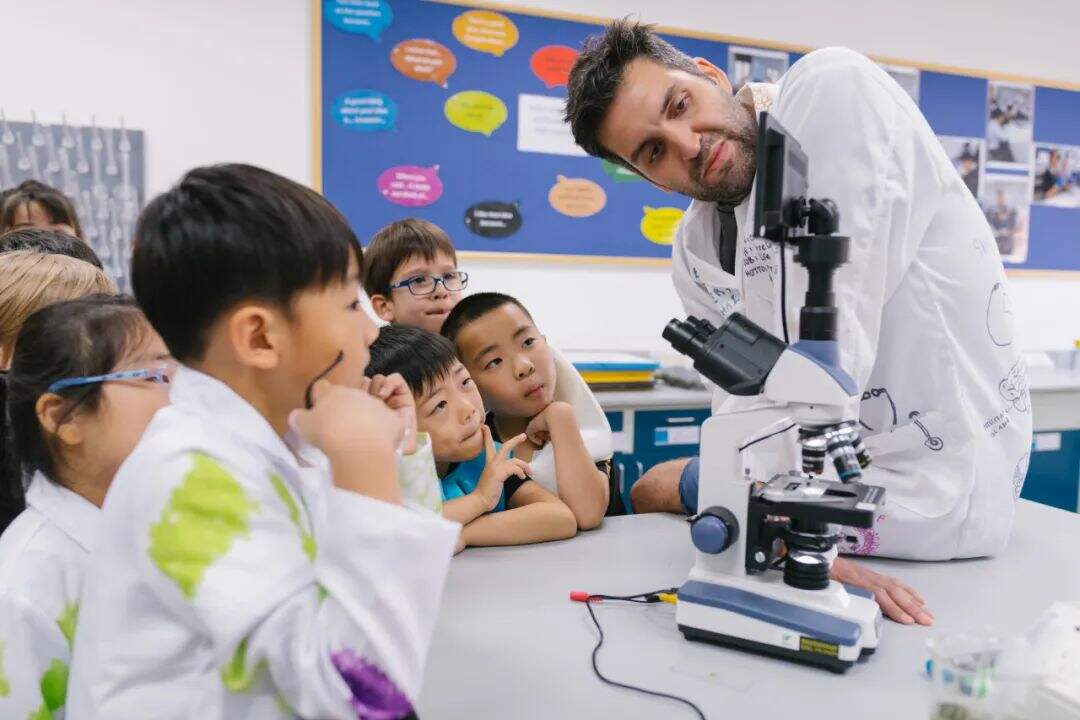
What are some of the biggest challenges facing Senior School pupils today, and what do you think are the best ways to address those challenges?
Being a teenager is hard, so wellbeing is a top concern. Balancing academic, social and emotional needs is crucial for holistic development. This means prioritising health support, maintaining open communication channels, and implementing a variety of wellbeing programmes. We provide a well-structured pastoral care system that fosters a supportive and nurturing environment. Regular counselling and wellbeing programs address emotional needs, while co-curricular activities and other events help to build a strong sense of community among our pupils.
But we also must take a long view and prepare them for the future. AI and other technological advancements around sustainability are transforming industries, creating a need for updated skills. The future of education will likely continue to be shaped by technological advancements, personalised learning and an emphasis on soft skills. At the Senior School, we are embracing these changes. As such, we integrate technology into the curriculum, promoting digital literacy, emphasising creativity, critical thinking and adaptability. We also place a high value on real-world career experience, so we facilitate internship programmes for our pupils.
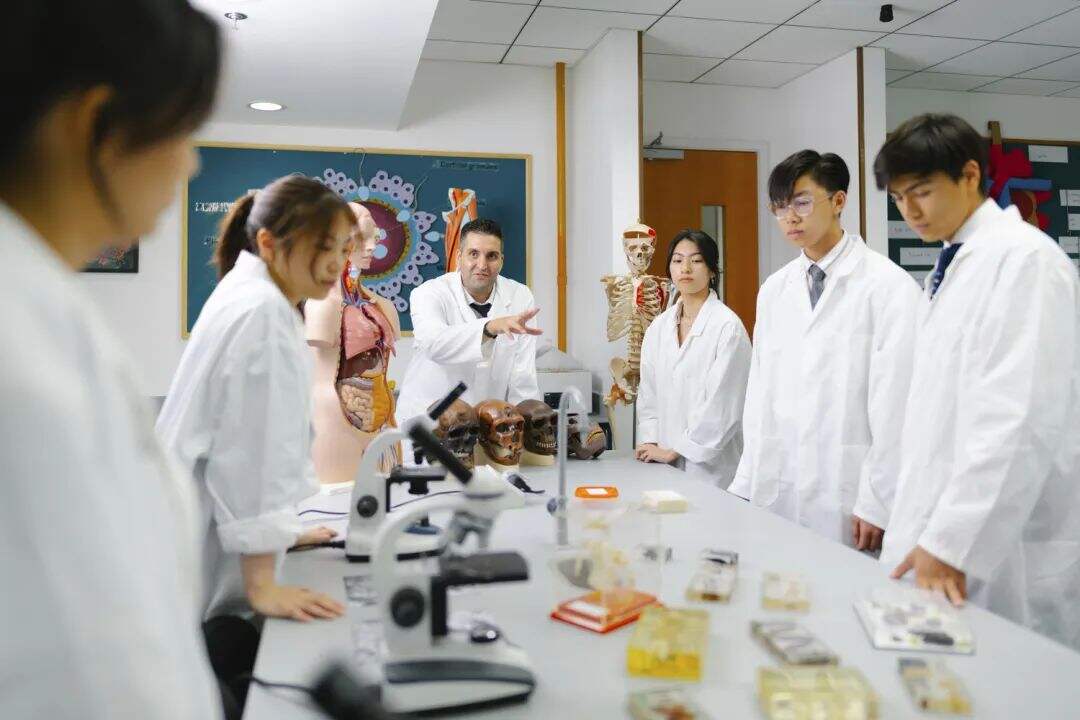
In what ways have you grown as an educator at Wellington?
My time at Wellington has been a transformative journey. Being part of the school's leadership team has provided me with so many opportunities for professional and personal growth. Over the years, I have honed my skills in educational leadership, strategic planning and fostering a positive learning environment. Being part of such a diverse community has been so enriching. It has widened my perspective in so many ways and has made me a more adaptable and inclusive educator.
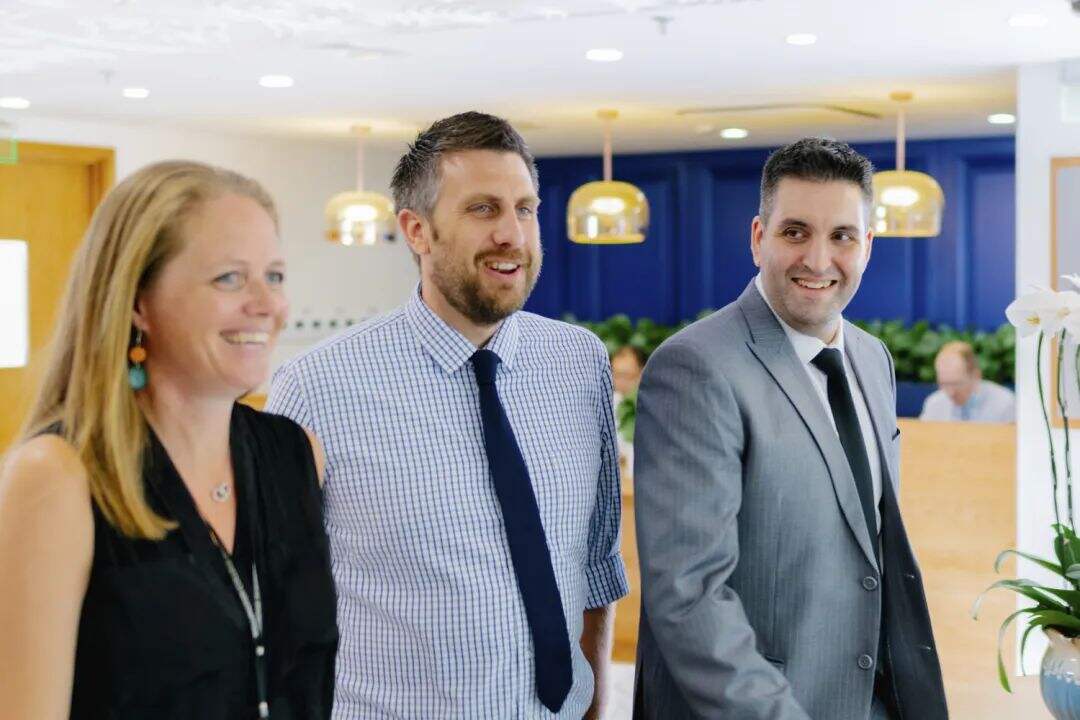
What do you love most about being a teacher?
I love witnessing the transformative impact I can have on pupils' lives. Seeing them grow intellectually, gain confidence and develop into well-rounded individuals is incredibly rewarding. It brings me joy to inspire curiosity, ignite a passion for learning and prepare them for the challenges and opportunities that lie ahead. The sense of fulfilment that comes from helping our pupils discover their potential and achieve their goals is truly unparalleled.
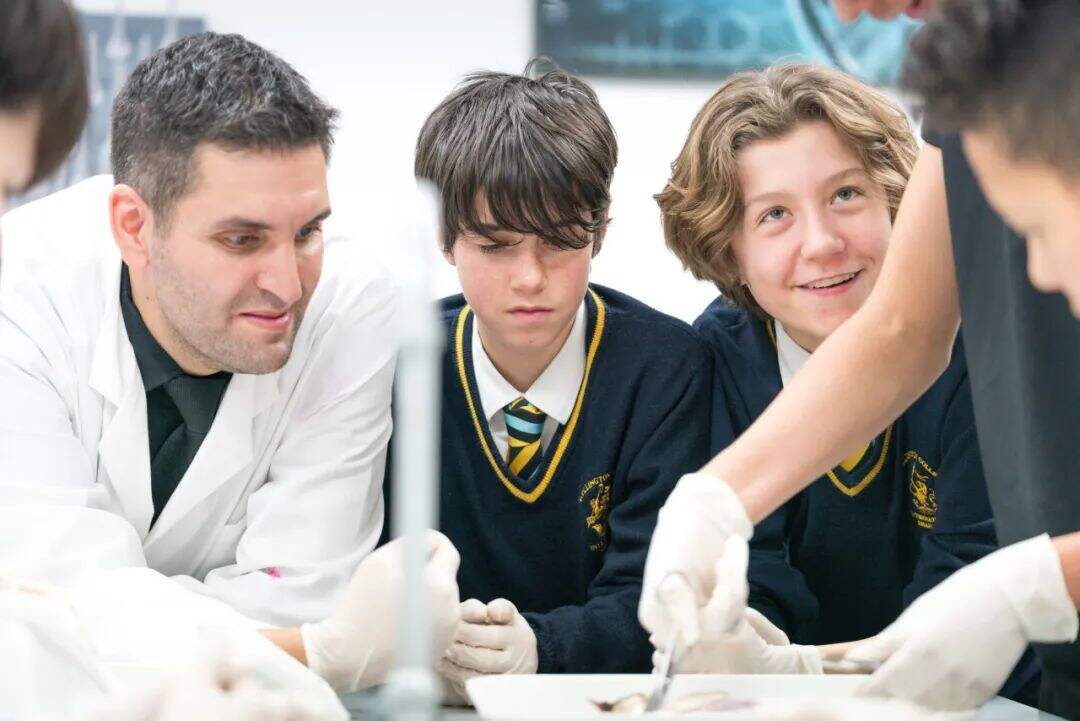
-
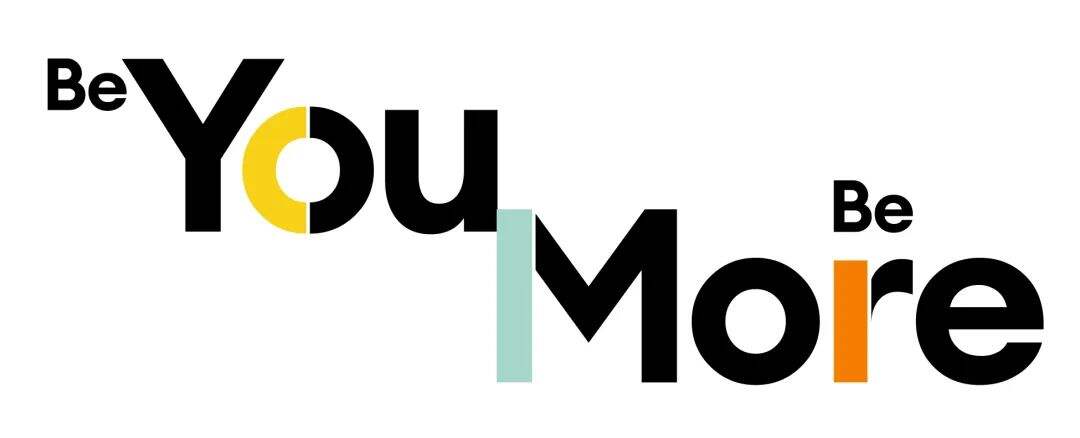
Related Articles















